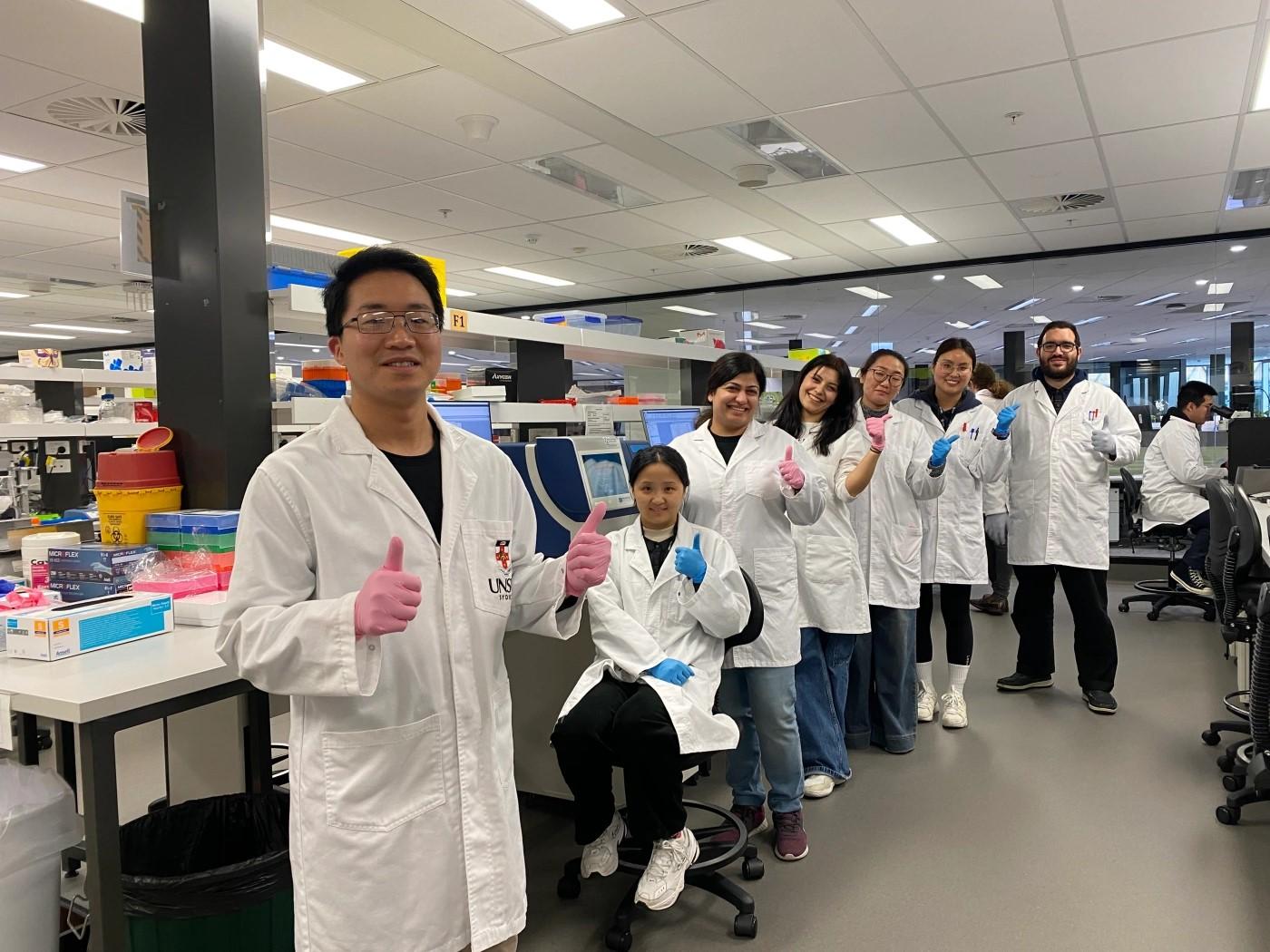Case Study
Posted on

The COVID-19 pandemic highlighted the need for rapid, accurate and accessible testing methods. Traditional Polymerase Chain Reaction (PCR) tests, though accurate, were time consuming and resource intensive. In addressing this problem, researchers at the UNSW Sydney have developed technology that has the potential to revolutionise how emerging pathogens are detected.
Dr Fei Deng and the Biosensor team at UNSW have developed portable test strips that can detect Covid RNA in just 10 minutes with a PCR-level of accuracy.
Supported by an Australia’s Economic Accelerator (AEA) Seed grant, the researchers are working with industry partner Biopoint Pty Ltd to establish the commercial viability of these portable test strips – testing their efficacy, industrial robustness and batch-to-batch consistency.
“Our initial focus in this project is to construct industrially robust PCR-level COVID-19 test strips and evaluate their performance in real environmental water and clinical samples,” Dr Deng says.
To bring the new test strips up to PCR standards, the team uses a gene-editing technology called CRISPR to search for diseases in the body. DNA nano-circles containing a short sequence of the target DNA, such as the COVID virus, are mixed with CRISPR/Cas proteins, amplifying the genetic signal from the virus and triggering a powerful reaction to indicate its presence.
Dr Deng says the technology has the potential to revolutionise environmental diagnostics, food industry safety and biosafety management.
“The new test strips could expedite rapid response to emerging pathogens such as mosquito-borne or lumpy skin diseases, reveal hotspots of antibiotic resistance or help look for threatened animal species,” Dr Deng says.
“This could transform human and animal infection control as well as quarantine and biodiversity conservation efforts,” he says.
“We think we created a new benchmark in biosensing – our gene-based tests will be able to be performed anywhere, anytime, by virtually anyone.”
By providing rapid, accurate, and accessible testing, the UNSW team is setting a new benchmark in biosensing technology, with far-reaching implications for public health and beyond.
The industrial and clinical rollout of this technology has already begun, with plans to keep manufacturing onshore in Australia.
It’s another great example of the innovative industry-backed research that is being supported through Australia’s Economic Accelerator $1.6 billion program.
Visit the AEA website and AEA LinkedIn page for further updates.
